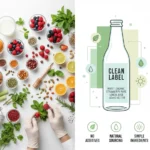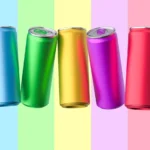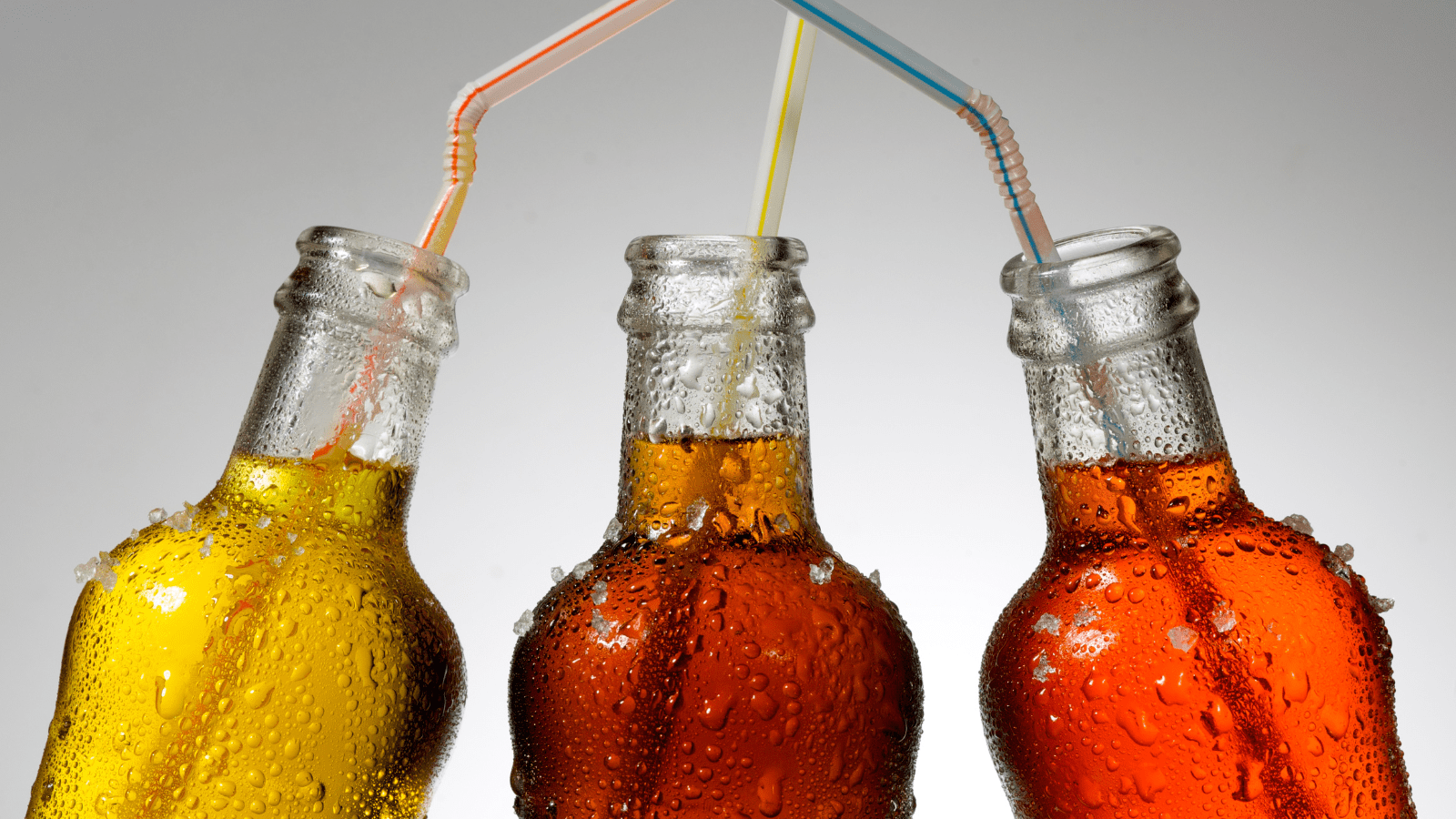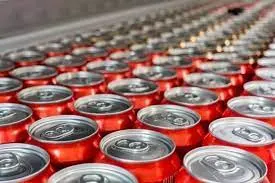In today’s fast-paced and competitive beverage market, innovation, quality, and smart packaging are crucial. Consumers demand more than just a refreshing drink—they seek multifunctional, health-conscious beverages with clean ingredients and a brand they can trust. This is where beverage contract manufacturing plays a vital role. Let’s discuss about beverage contract manufacturing process in detail.
Partnering with a reliable contract manufacturer helps brands turn their ideas into market-ready products efficiently and cost-effectively. From formulation to final packaging, this comprehensive guide explores how beverage contract manufacturing works and why it’s the go-to choice for modern beverage brands.
What is Beverage Contract Manufacturing?
Beverage contract manufacturing is the process of outsourcing the production of beverages to a third-party manufacturer. These manufacturers are equipped with specialised technology, skilled professionals, and streamlined processes to produce beverages in bulk while adhering to safety and quality standards.
This model allows beverage companies to:
- Focus on brand building, marketing, and distribution.
- Avoid large investments in infrastructure and machinery.
- Accelerate go-to-market timelines.
Key Benefits of Contract Manufacturing in Beverages
- Cost-efficiency with bulk production
- Access to advanced R&D and formulation expertise
- Flexibility in scaling up or launching new SKUs
- Guaranteed quality with regulatory compliance (e.g., FSSAI)
- Faster time to market
Core Aspects of Beverage Contract Manufacturing
Here we are going to discuss the process of making a soft drink. Let’s start:
- Product Formulation/R&D
- Raw Material
- Water Processing
- Filtering & Processing
- Mixing & blending
- Carbonation
- Filling & Packing
- Quality & Testing
Product Formulation/R&D
The first step is developing the beverage recipe. Food scientists and beverage formulators work closely with the brand to define:
- Flavour profiles
- Functional ingredients (e.g., vitamins, adaptogens, collagen)
- Nutritional values
- Packaging format
- Target market preferences
Raw Material
Once the formulation is approved, all ingredients and packaging materials are sourced from verified, high-quality suppliers. Ingredients may include:
- Natural flavours
- Sweeteners (natural or sugar-free)
- Functional compounds (electrolytes, herbal extracts)
Water Processing
Water is the core ingredient in most beverages. It undergoes:
- Filtration: Removes suspended particles.
- Reverse Osmosis: Maintains stability and taste profile.
Filtering and Processing
This step ensures the safety and shelf life of the beverage:
- Pre-Filtration
- Fine Filtration
- Sterile Filtration
Filtration helps in clearing unwanted particles and making the liquid clear.
Fine Filtration is used to clear the micro particles.
Sterile Filtration is the final step in which it clears all the microorganisms, which make the product duct stable and free from bacteria.
Mixing
When you mix all the ingredients with everything checked, then the drink-making process starts. This process is also called mixing and blending, mixing all the ingredients while monitoring them at the same time with their temperature, quantity of all ingredients, and oils. For every drink, there is a different process of mixing. There are different processes involved in mixing and blending:
Pasteurization – Homogenization – Emulsification – pH Adjustment
Carbonation
When a carbon filter is activated in a beverage, it removes the chlorine to create effervescence. This process occurs before the beverage enters the dosing station. While carbonating, always check carefully; when CO₂ increases, the temperature of the liquid decreases, creating bubbles in the beverages.
Filling and Packing
When the product is done with all processes, then it will transfer into the bottle. After filling the bottle, it will be immediately sealed to prevent the pressure from being released. When the filling process is done, then labelling the bottle with brands and information starts. Finally, after completing all the steps, it will be placed into containers or trays for shipping.
Filling-in options:
250ml Slim Aluminium Cans
Quality and Testing
When the product is fully processed with all the ingredients, then the manufacturer takes a quality test to make sure the product is good for health and all ingredients taste equally.
Compliance & Transparency in Manufacturing
Brands today are expected to be transparent. Consumers want to know:
- Are the beverages FSSAI approved?
- Are they non-alcoholic and safe for daily consumption?
- Are ingredients organic or synthetic?
- What are the functional benefits?
Highlighting clean labels, certifications, and ingredient benefits gives brands a strong marketing advantage.
Why Choose Contract Manufacturing for Beverages?
- Expert manufacturing with minimum investment
- Faster production timelines
- Scalable operations for startups and established brands
- 100% FSSAI-compliant & quality-tested processes
Conclusion
Demand of the customer and their taste preference pose new challenges for manufacturing companies. The new success in the beverage market, where health is focused, transparency of product, and ingredients are now important subjects in the manufacturing industry. When consumer appetites change, so must manufacturing methods—towards sustainability, efficiency, and customisation. Contract brewing is no longer merely about manufacturing beverages; it’s about building experiences that speak to contemporary consumers. And through the right partners, a brand’s vision can become the next global thirst-quencher.
Frequently Asked Questions (FAQs) For Beverages Contract Manufacturer Process
Q. Why are contract manufacturers more recommended in the business sector?
Answer: While the owner of the company only focuses on marketing and other development, here manufacturing companies produce beverages as per the demand.
Q. I have a recipe for a soft beverage, but I don’t know where to go.
Answer: You can invest in Beverage Contract Manufacturing industries, where you have to just sit and relax or do marketing of your product and all the work is done by manufacturing companies. Processing to Packing to Dispatching they will deal with everything.
Q. What do you need to create a perfect beverage?
Answer: To create a perfect drink with formulators, here’s what you need:
• Mouthfeel – Taste
• pH value of the drink
• Color
• Nutrition in drinks
• Health benefits, and
• Flavours & Acid
Q. Are there any guidelines for manufacturing beverages?
Answer: Yes, different safety and compliance are:
- FSSAI Compliance
- Safety standards
- Legal compliance







